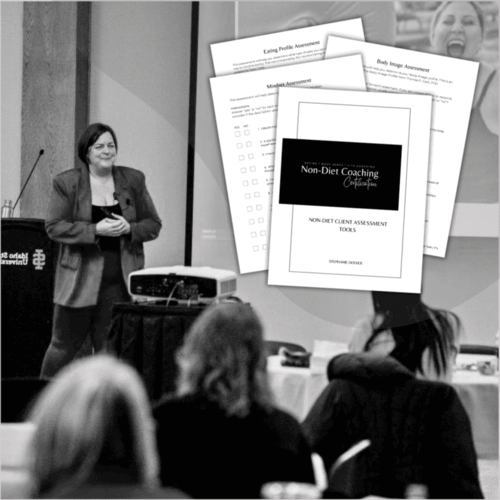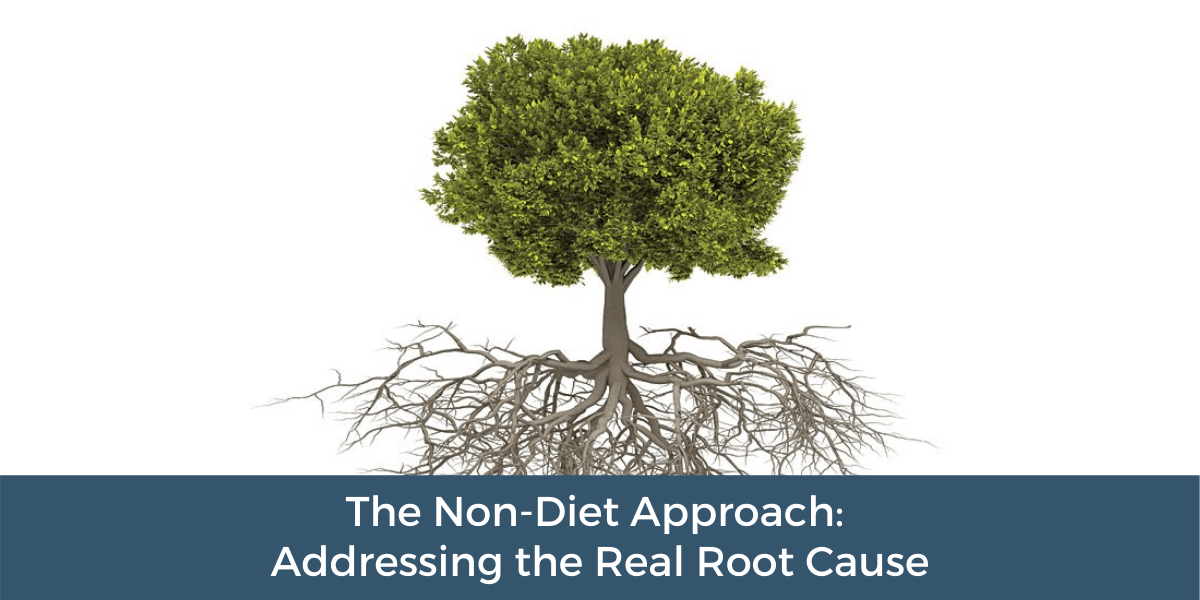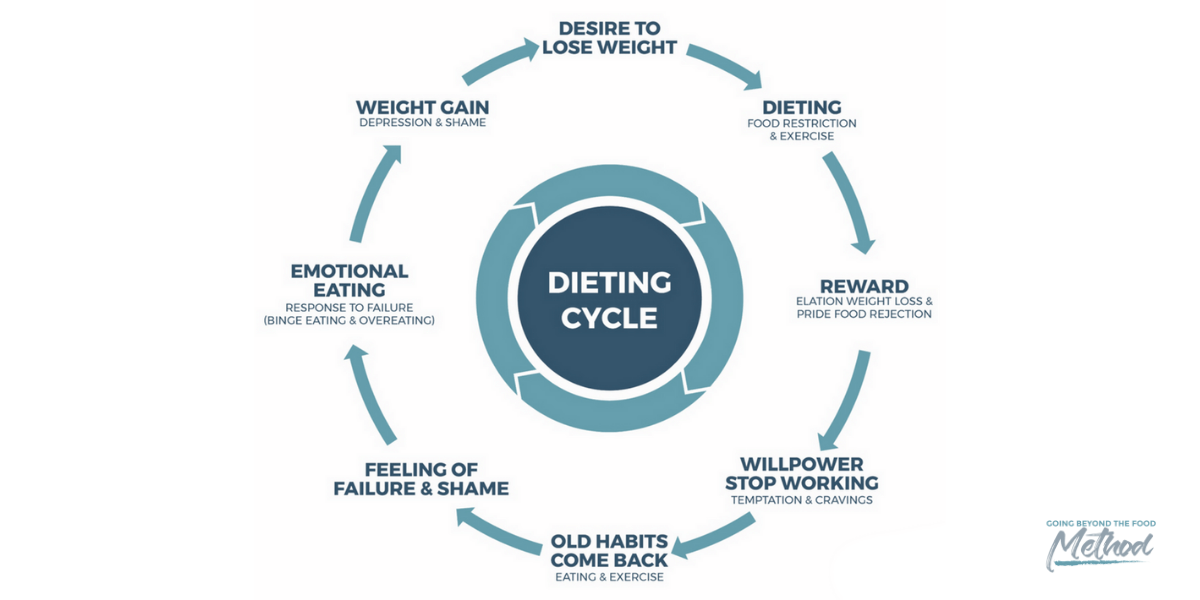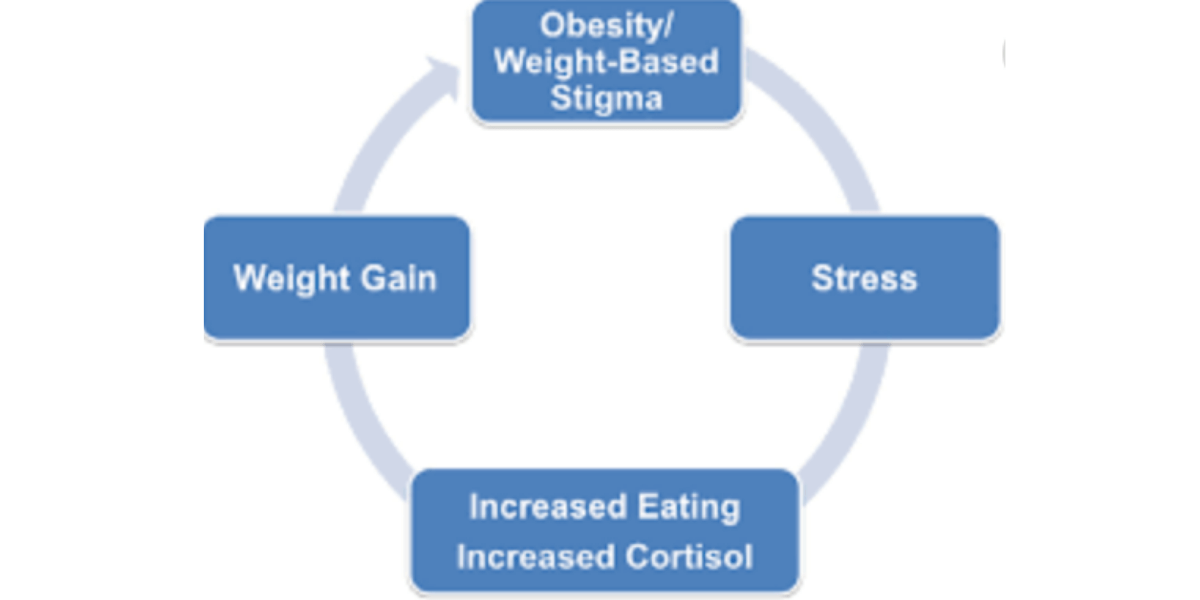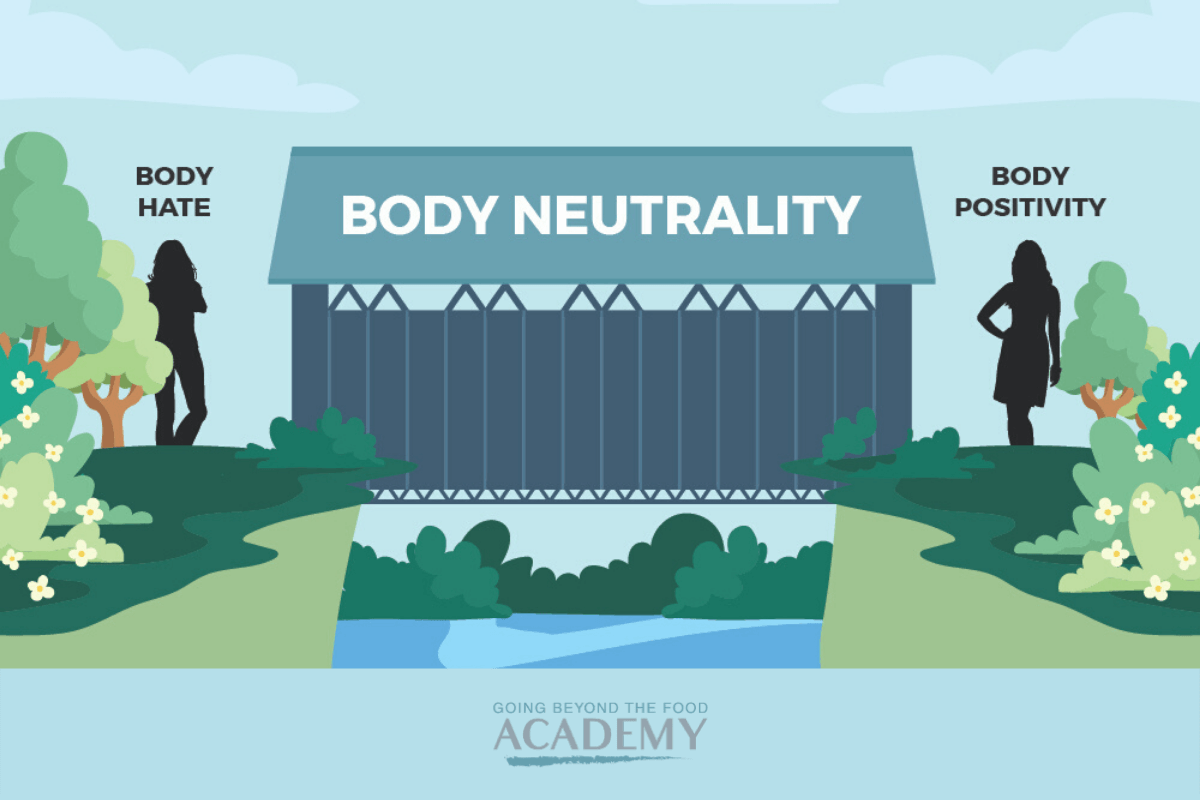Health beyond dieting seems to be a foreign concept to most people.
Diet culture conditioned us to believe that thinner is better in all aspects of life including our health. We’ve always heard that thin equals healthy, and that dieting is the way to a thinner body.
We’ve also been brainwashed into thinking that a thinner body is more attractive because it is associated with health.
This is a belief that’s hard to let go.
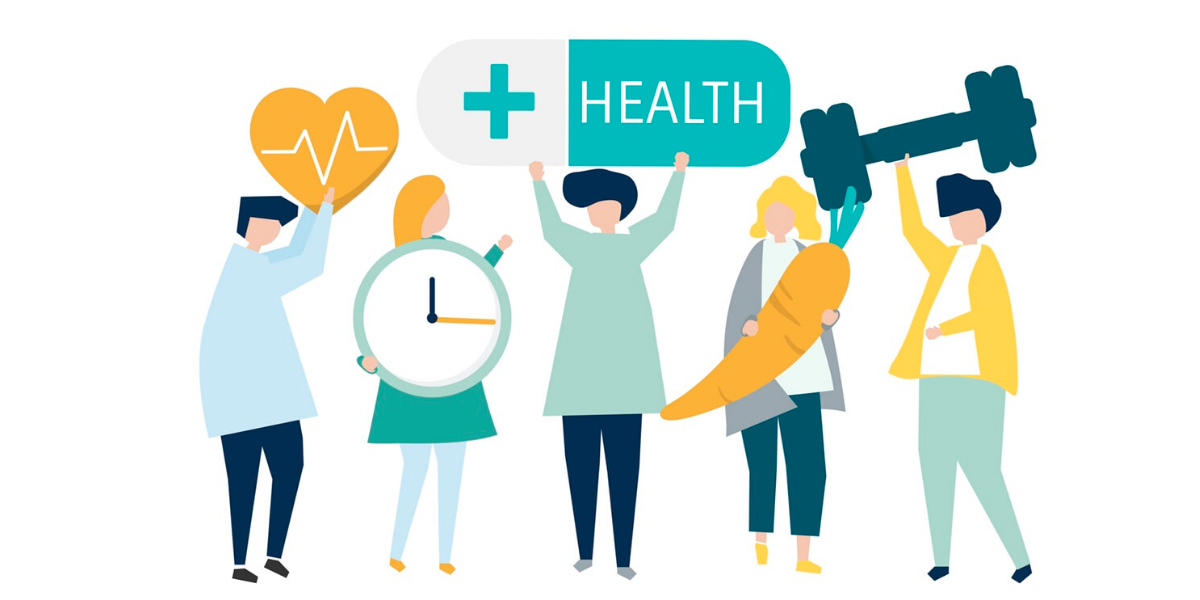
Why It’s Hard to Change Your Beliefs About Weight and Health
Your reptilian brain is the reason why it’s not easy to let go of beliefs. It’s the most primal part of your brain that has the survival instinct. It seeks to protect you from danger. Because the diet culture has programmed your reptilian brain into believing that fat people aren’t healthy, you’ve since associated health with thinness.
But as you’ll see, there is evidence that proves that your body size has little do with your health outcome. That said, it’s going to require some effort to reprogram your reptilian brain to fully accept the belief about health beyond dieting.
In this article, you’ll find answers to the following questions regarding health beyond dieting and the Going Beyond The Food Method:
- Who is the ideal candidate for The Going Beyond The Food Method™️ Health approach?
- How to get started with a weight-neutral approach to health
What does it mean to be healthy?
We all grew up with the idea that health is the absence of illness. But the World Health Organization has a definition of health that’s different from what we’re all used to. WHO defines health as “a complete state of physical, emotional and social well-being, not merely the absence of disease or infirmity.”
Good health is essential to being able to handle stress and live a long and active life. It doesn’t just refer to the absence of disease, but also to the ability to recover from illness, to adapt to life challenges in general.
When you’re healthy, it doesn’t mean you’re never sick. Humans have the innate capacity to adapt and recover from sickness and health issues. That is to say, being healthy allows you to recover and bounce back quickly.
Does “obesity” cause one to be unhealthy?
The keyword here is CAUSE. Before we can answer the question, we must first understand the difference between Correlation and Causation. For example, smoking is correlated with alcoholism, but it doesn’t cause alcoholism. However, smoking causes an increased risk of developing lung cancer.
As of 2019, there isn’t any evidence that directly points to obesity as a causative factor in a disease. That said, many studies link or correlate obesity to health risks. Even when body weight is correlated to health risks, it is never the sole factor of any health condition.
For example, research also found that obesity does not affect the risk of having coronary heart disease and stroke “Metabolic status is relatively stable despite rising BMI”. (However, it does increase the risk of developing diabetes)
But if the question is, “Is obesity associated or correlated with health risks?” the answer would be yes. If the question is “Is obesity causing disease?” the answer would be no. That’s where the big difference lies.
Here’s where it gets interesting – one-third to three-quarters of people classified as obese are actually metabolically healthy. Being metabolically healthy means having your blood pressure, cholesterol, glucose levels, and other metabolic markers within the normal range.
Is health beyond dieting possible?
Yes, and scientific research proves it!
A 2016 study by researchers at UCLA studied 40,420 adult participants in the most recent U.S. National Health and Nutrition Examination Survey. Researchers looked at the participants’ health as measured by six accepted metrics (not including BMI). These metrics are blood pressure, cholesterol, triglyceride, glucose, insulin resistance, and C-reactive protein.
The study found that 47% of people classified as overweight by BMI and 29% of those qualified as obese were healthy based on at least five of those other metrics.
Meanwhile, 31% of normal-weight people were unhealthy by two or more of the same measures.
A number of research studies show that weight loss is not necessary to improve physical health. Studies have also found that fitness is more predictive for mortality than weight. This study defined ‘fit’ as 3-4 hrs per week of walking.
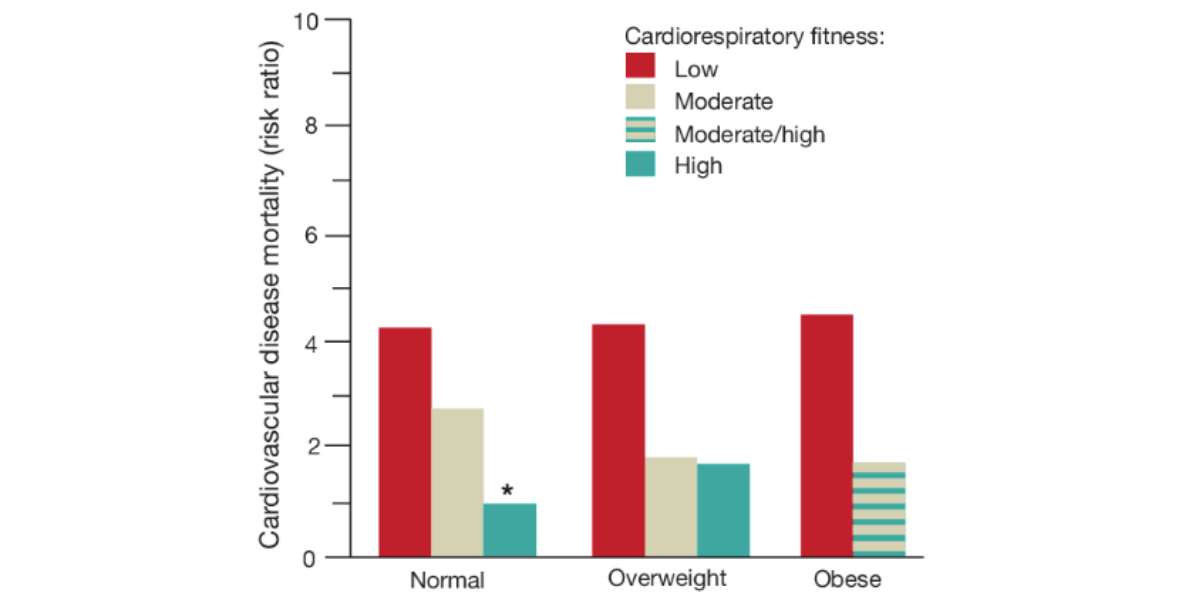
Source: JAMA. 1999 Oct 27;282(16):1547-53.
Note: “Fit” is not synonymous with “thin” or “lean.” That’s Diet Culture. Being fit means being in good health, especially because of regular physical movement.
Furthermore, trying to change your health status simply by losing weight has not only proven to be an ineffective approach but also carries potential negative side effects to your health. The focus on intentional weight loss via dieting can be harmful. Multiple studies demonstrate negative side effects of dieting behaviors. The three most documented negative effects are weight cycling, disordered eating, and weight stigma.
What is Health At Every Size?
As a response to the failure of the traditional weight-loss model of health, the Health at Every Size (HAES) movement emerged over the last decades.
Health At Every Size is a philosophy and an approach to health. Linda Bacon, PhD, an advocate for body positivity, wrote the book Health at Every Size: The Surprising Truth About Your Weight. It shows through research that health behaviors influence health more than weight.
The HAES movement promotes the simple truth that all bodies are good bodies. It shifts the focus away from dieting for weight control. Instead, it steers you toward self-care practices that support your body’s natural wisdom and vitality.
Chasing health at any size is possible. Dr. Bacon had led research to support the Health At Every Size approach to health with positive outcomes over the traditional model of intentional weight loss.
Honoring your body, and being able to understand your body’s needs, leads to meaningful changes in health behaviors.
HAES subscribes to the idea of health as stated by the World Health Organization—that it is more than just the absence of disease. It also sees health as a continuum that varies throughout one’s life span. Health, in this model, is from a holistic perspective (physical, psychological, relational, and spiritual).
In fact, the Health At Every Size approach discourages judging others and oneself regarding their health status. It acknowledges that shame and oppression can have significant negative effects on one’s health and wellness.
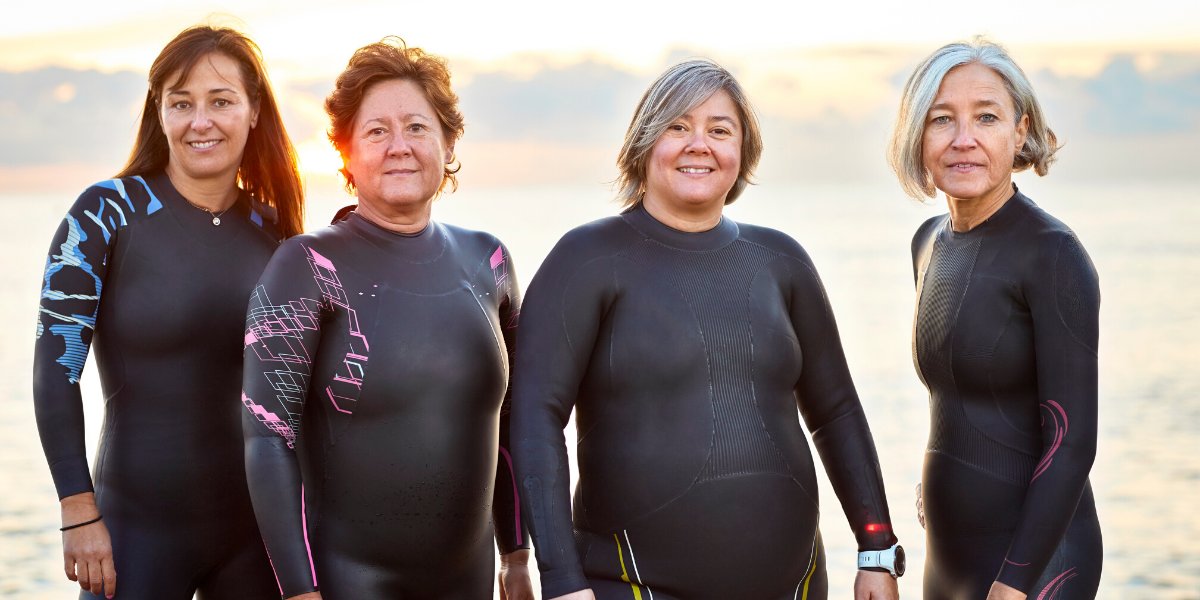
What is a weight-neutral approach to health?
A weight-neutral approach to health is based on the idea that your health status or risk level can’t be determined solely by your weight.
It acknowledges that your weight is determined by a complex set of genetic, metabolic, physiological, cultural, social, and behavioral determinants. Many of these factors are either difficult or impossible to change.
Instead of focusing on a weight-oriented outcome, weight-neutral programs teach you to take charge of the factors within your control. These factors include your thoughts and behaviors. Taking charge of these factors will help you improve your well-being, regardless of your weight.
Weight-neutral approaches to health have significantly decreased body dissatisfaction, disordered eating, and depression. They’ve also increased sustainable, enjoyable self-care behaviors such as eating and moving well in the long term.
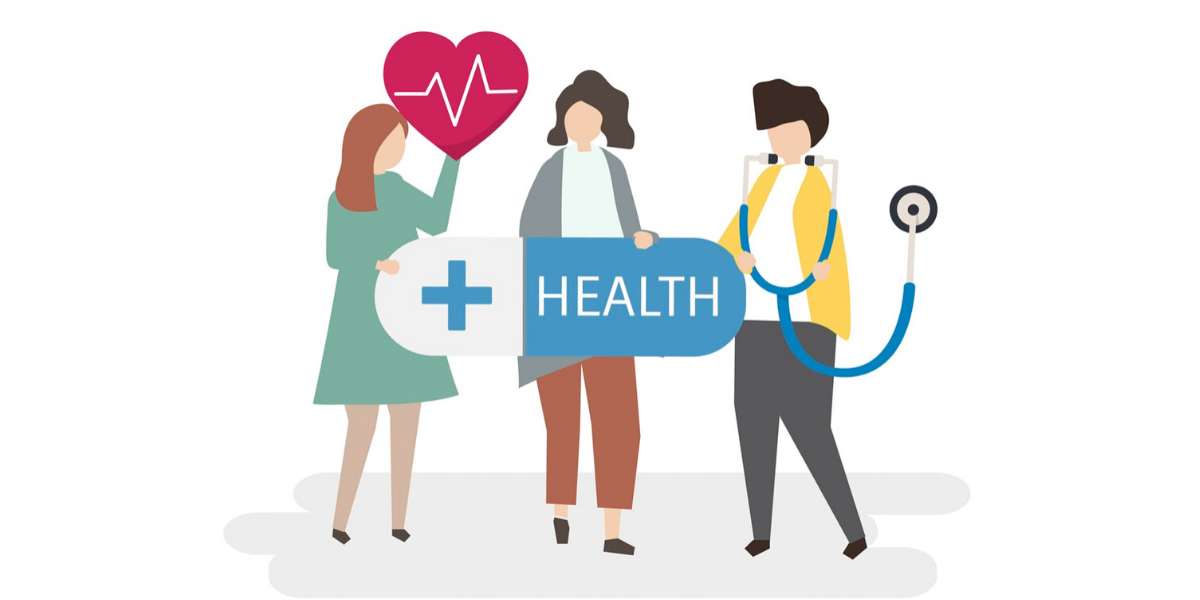
Body dissatisfaction and shame: Their effect on health behaviors
Weight stigma (also known as body shaming, or weight shaming) is the social devaluation, denigration, and discrimination of people perceived to carry extra weight based on their weight.
It originated from the “old school” model of inducing behavioral changes through punishment or shaming. A common example today is the “before and after” pictures we often see on social media.
It’s a common belief that weight stigma or shaming will motivate people who don’t meet body size ideals to change their behaviors so as to avoid further stigma.
As a result, many women internalize weight stigma and become increasingly dissatisfied with their bodies.
A 2013 study published by the Journal of Obesity found no link between body weight and the way women feel about themselves. However, the findings show a link between how women feel about themselves and their health behaviors. In other words, the better they feel about their bodies, the more likely they are to take care of themselves leading to a better health outcome.
Conversely, body dissatisfaction discourages women from taking part in certain health-related activities and from eating properly to fuel their bodies. These behaviors could eventually lead to weight gain… cynical right?
Shifting from weight management to health behaviors
Instead of focusing on weight management to improve your health, what if you shifted your focus to health behaviors?
For example, what if you cared more about the quality instead of the quantity of the food you eat?
What if you improve your mindset and thoughts so you can be better motivated to move your body every day?
What if you take steps to reduce and manage stress so that you can enjoy a better quality of sleep?
Research associated healthy lifestyle habits to a significant decrease in mortality regardless of baseline body mass index. Therefore, all BMI groups can benefit from practicing healthy habits. Interestingly, the greatest benefit is seen within the BMI “obese” group.
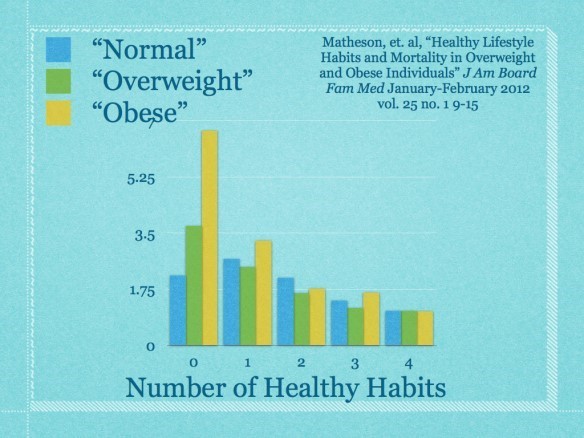
The Going Beyond The Food Method️ is a weight-neutral and non-diet health framework composed of eight core elements. Our health framework is grounded in holistic principles and functional medicine approach to health. It also follows Health at Every Size principles.
What happens if we take the Going Beyond The Food Method™️ approach to health?
The Going Beyond The Food Method is a proprietary methodology that I created. The program is primarily designed to help women make peace with food and their body. As a result, women are able to focus their efforts on health outcomes beyond dieting and weight loss. Certainly, it’s a five-step process that includes mindset, emotional regulation, mindfulness, body neutrality, and intuitive eating.
The method️ is based on four core pillars: Body Wisdom, Body Trust, Body Respect, and Body Neutrality.
The health behaviors we teach inside our programs center around intuitive eating, a well-researched self-care eating framework. Moreover, it teaches Body Neutrality, a framework that neutralizes body dissatisfaction.
Sustainability and health beyond dieting
The single most powerful advantage of a weight-neutral and non-diet approach like the Going Beyond The Food Method️ is sustainability. It helps you develop the ability to sustain health-promoting behaviors throughout your life. Our unique approach, combined with the evidence-based health benefits of intuitive eating, is very powerful!
Certainly, when it comes to health, consistency is significantly more powerful than short-term results. One of the secrets to consistency is self-compassion.
A 2015 study systematically reviewed a weight-neutral and no-diet approach to health. It determined the overall effects on factors including weight, biochemical measures, food, activity, behavior, body image, and mental health.
- Weight stability (in 5 yrs)
- Improved biochemical markers
- Cholesterol, blood sugar, blood pressure, CRP
- Sustained healthy behaviors
- Improvement in:
- Dietary quality
- Psychological states
- Disordered eating patterns
- Self-esteem
- Depression
The Going Beyond The Food Method framework supports health-promoting behaviors and makes health beyond dieting possible. It encourages the increase of fruit and vegetable intake and variety in diet. In addition, the framework aims to encourage health behaviors such as physical activity, stress management, sleep quality, and digestive health.

Who is an ideal candidate for the Going Beyond The Food Method™️ approach to health?
Truly anyone! Individuals who’ll benefit most from this approach are:
- Chronic dieters.
- Women who are overly concerned with weight and shape (a.k.a. body image issues).
- Women who are repeatedly trying to lose weight and restricting food for two years or more.
- Women who have had enough of dieting and regaining the weight that they lost.
- Women who are intuitive eaters.
- Women who have disordered eating behaviors.
If you have an eating disorder, I recommend that you work with a qualified health practitioner first. Bring yourself to safety and lay the groundwork with a health practitioner in a one-on-one setting.
Then you can come to one of our programs to learn the mindset piece of health beyond dieting.
Health beyond dieting: How to get started with a weight-neutral approach to health
You can access all of our services on our work with us page. We have a number of programs and service levels enabling us to serve most women: The #1 ressource I’d like to point you toward
Health Beyond The Scale Masterclass: Learn how to implement a weight neutral approach to health that redefine body norms and champion your body autonomy. This is the fundamental of health beyond dieting in 2 hrs masterclass!
Private coaching with Stephanie and her team Stephanie and her team of Certified Non-Diet Coaches are waiting to support you in a one-to-one setting with an individualized plan.
Non-Diet Coaching Certification for professionals ready to integrate the Going Beyond The Food Method™️ in their practice and for women wanting to become Certified Coach and build a business coaching other women beyond the food.


